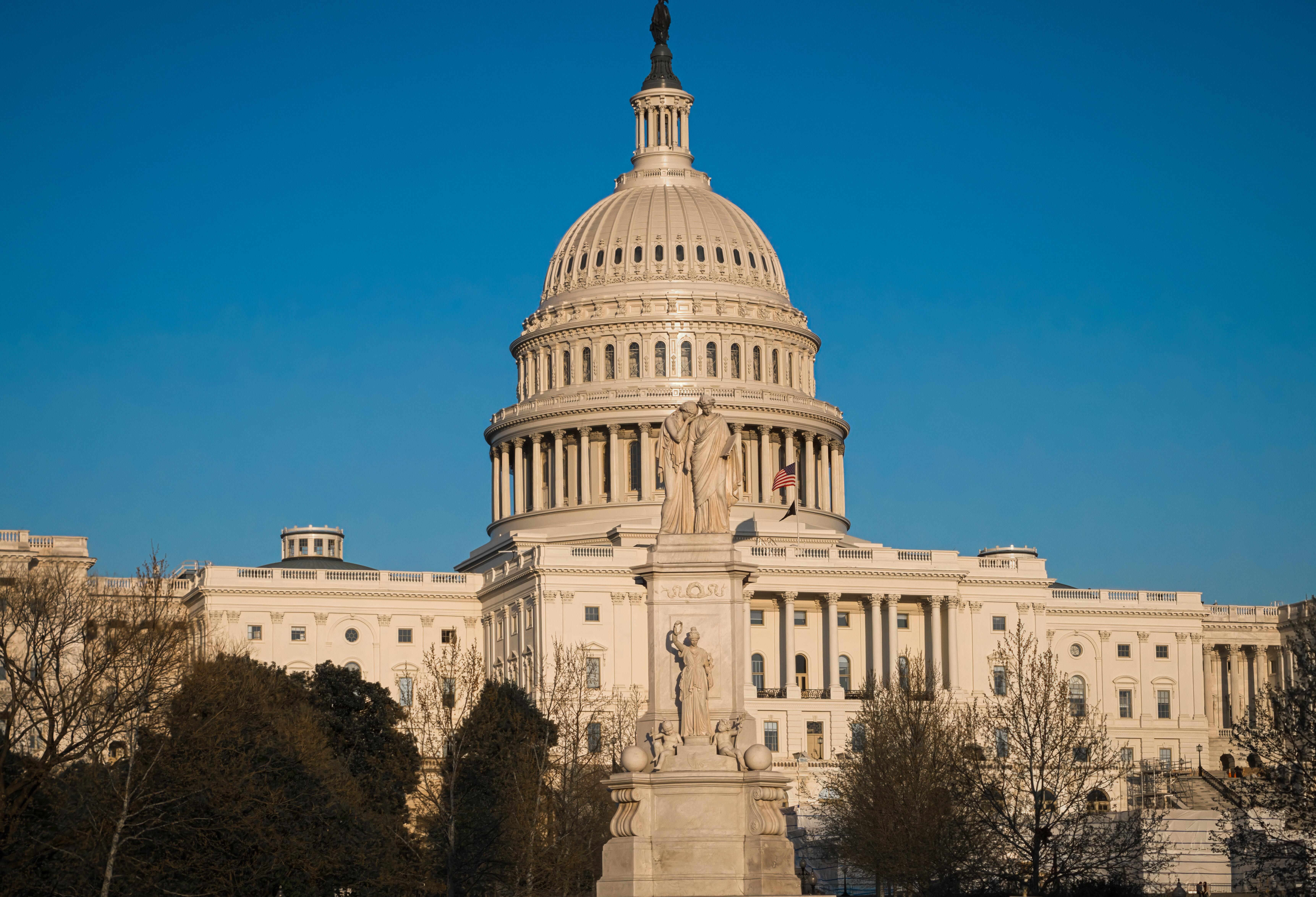What is the SHOP SAFE Act?
The SHOP SAFE Act 2020 looks to amend the US Trademark Act of 1946 to allow certain online marketplaces to be held liable for the sales of items that need to meet safety standards, such as electrical devices or baby products, before being sold to the public by its sellers. Introduced in March 2020, the Act was approved by the Judiciary Committee in September 2021 and now awaits approval by the House.
Affected platforms are defined as:
- platforms with sales in the previous calendar year of no less than US$500,000
- a platform that has less than US$500,000 in annual sales but that has received ten NOCI (notices of claimed infringement) identifying counterfeit goods that implicate health and safety
What does it mean for consumers?
The Shop Safe Act’s primary goal is to protect consumers in the US from unsafe and defective counterfeit products by reducing the availability of such goods online. Accordingly, consumers should see fewer harmful fake products available for sale online, have access to clear product information and enjoy a safer e-commerce experience.
What does the Act mean for platforms?
Passing the Act into law would mean that affected online platforms could be held liable for injury and damages caused by harmful counterfeit products. It would affect all US-based marketplaces or marketplaces otherwise subject to US law. The Act defines applicable goods as those leading to ‘illness, disease, injury, serious adverse event, allergic reaction, or death if produced without compliance with all applicable Federal, State and local health and safety regulations and industry-designated testing, safety, quality, certification, manufacturing, packaging, and labelling standards.”
As such, cosmetics, pharmaceuticals, baby products, auto parts and electrical appliances are examples of products that could potentially pose health risks if they did not meet safety regulations.
What can platforms do to avoid liability?
In order to avoid contributory liability, platforms will be required to employ a combination of the following best practices:
- Vet sellers and products before listings appear (‘Know Your Business Customer’)
- Confirm the seller has a US-based representative or a verified US address
- Confirm sellers agree not to use counterfeit marks as a condition of trading on the platform
- Ensure consumers have access to relevant product and seller information when buying online (including country from which the goods will be shipped)
- Require sellers to only use accurate product images for which they have permission
- Screen products for counterfeits before they appear on the platform
- Provide channels for counterfeits to be reported and quickly remove/disable listings for which the platform has ‘reasonable awareness’ a counterfeit product is being sold
- Provide ability for trademark registrants to contact an allegedly infringing seller
- Prevent repeat counterfeit sellers from rejoining under a different identity
It is worth noting that platforms would not be liable if the above conditions are met before the counterfeit product is sold or if the third party seller is available to be served a lawsuit in the US.
What are the implications for brands?
Historically, brands have largely had to self-police third-party platforms for evidence of counterfeits. With platform owners set to have contributory liability for hazardous counterfeit products appearing on their platforms, brand owners would hope to have their support in the fight against the sale of counterfeits online.
How Pasabi can help
Pasabi has proven experience with helping platforms and brands tackle online infringements, such as counterfeit products. Our behavioural analytics approach detects patterns of negative behaviours online, enabling us to find fraudsters working together and identify the worst offenders. Our strategic approach allows us to spot when counterfeiters are trying to set up new accounts and trade under new identities, making it easier for platforms to quickly find and remove repeat counterfeiters and stop them at source.
Implementation of our technology is swift and designed to complement existing tools, processes and workflows. We provide the evidence needed for account or post removals, cease and desists, takedowns and offline legal action. Pasabi’s solution provides transparency and evidence around the action you’re taking on your platform to comply with the forthcoming regulations.
If you would like to find out more about how we can help you get ahead and combat fake accounts, fake listings and fabricated reviews, check our solutions for online platforms.

